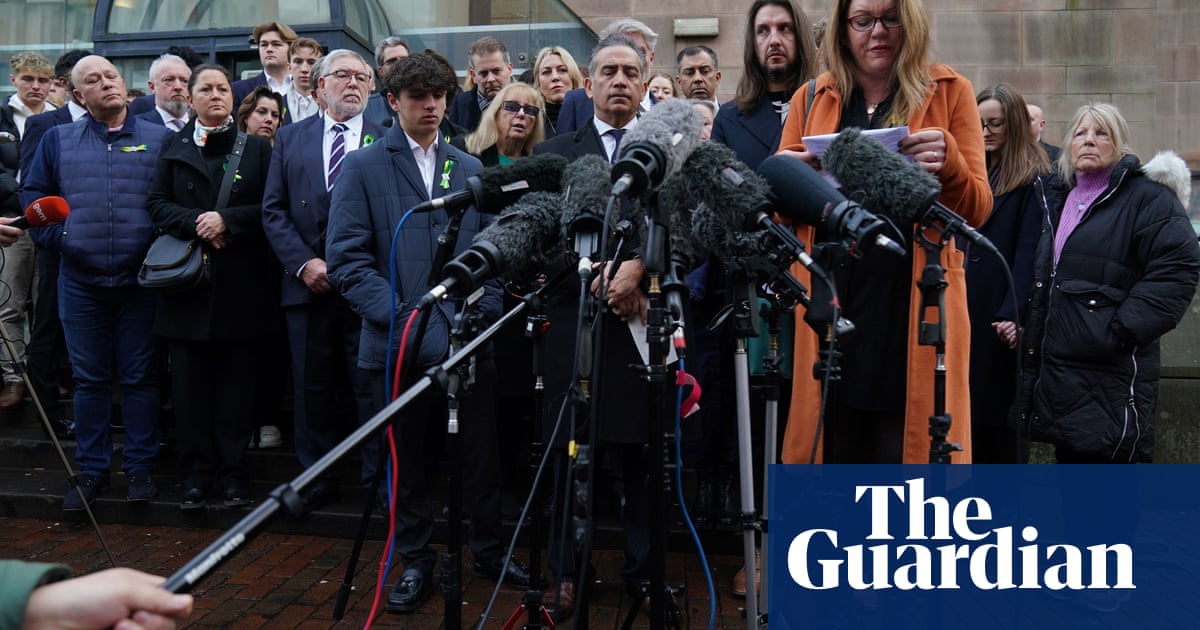
On Christmas Day 2021, Jaswant Singh Chail, armed with a powerful crossbow, was detained close to Windsor Castle. Chail, encouraged by an AI chatbot, wanted to kill the late Queen but was stopped in his tracks and ultimately jailed for nine years.
In the wake of the incident, the then home secretary Priti Patel launched a review into crossbow controls. It was not until February this year that the Home Office opened a call for evidence on a possible tightening of rules around the weapons.
The call for evidence closed in April but there has been no further progress towards changing the laws governing crossbows. As a result, there is currently no registration system for owning a crossbow and no requirement for a licence.
But under government guidance anyone who carries a crossbow in public without “reasonable excuse” faces up to four years behind bars.
After three women were found dead in Bushey, Hertfordshire, the new home secretary, Yvette Cooper, said she will “swiftly” consider findings of the review to see if the laws need to be tightened further.
Crossbows are subject to statutory controls under the Crossbows Act 1987, which makes it an offence to sell or hire one with a draw weight of 1.4kg or greater, to under-18s in England, Wales and Scotland. Similar legislation exists in Northern Ireland. Those under 18 are not permitted to hire a crossbow either.
The maximum penalty for the sale or hire of a crossbow to anyone under 18 is six months’ imprisonment or a fine. It is also unlawful to hunt with a crossbow under the Wildlife and Countryside Act 1981.
The targeting of the Queen three years ago was one of a number of incidents that raised the profile of crossbows. In January this year, convicted stalker Bryce Hodgson was shot dead by police after he broke into a London home armed with weapons including a crossbow. The 30-year-old had previously been given a suspended jail term, placed under supervision and subjected to a restraining order.
According to Home Office statements in February, there were fewer than 10 killings involving a crossbow between 2011 and 2021 – but the department said it was “clear that when used as a weapon, crossbows do pose a risk”.
In January 2023, a domestic homicide review found the Metropolitan Police missed opportunities to protect Sana Muhammad from her ex-husband in the years before he killed her with a crossbow.
The 35-year-old was eight months’ pregnant when former nurse Ramanodge Unmathallegadoo, then 51, burst into her home and fired an arrow into her stomach in 2018.
The pair had divorced four years earlier after entering into an arranged marriage in their home country of Mauritius in 1999, when Muhammad was 17.
She died after sustaining catastrophic internal injuries from the attack but her unborn son – who was delivered by Caesarean section – miraculously survived.
Unmathallegadoo was found guilty of murder and handed a life sentence with a minimum term of 33 years in 2019.
In 2010, a student who called himself the “Crossbow Cannibal” was jailed for life for the murders of three women in Bradford. Stephen Griffiths murdered Suzanne Blamires, 36, Shelley Armitage, 31, and 43-year-old Susan Rushworth.
Griffiths was arrested after CCTV footage of him attacking Blamires at his block of flats was discovered by a caretaker at the complex. Blamires could be seen running out of Griffiths’ flat with him in pursuit. She was later seen being dragged on the floor by Griffiths. She was then shot with a crossbow before Griffiths “gestured” by holding a finger up to the CCTV camera.
A Home Office spokesperson said after the Bushey killings: “This is an appalling incident and the home secretary is being kept updated by the police.
“We keep legislation under constant review and a call for evidence was launched earlier this year to look at whether further controls on crossbows should be introduced. The home secretary will swiftly consider the findings to see if laws need to be tightened further.”












